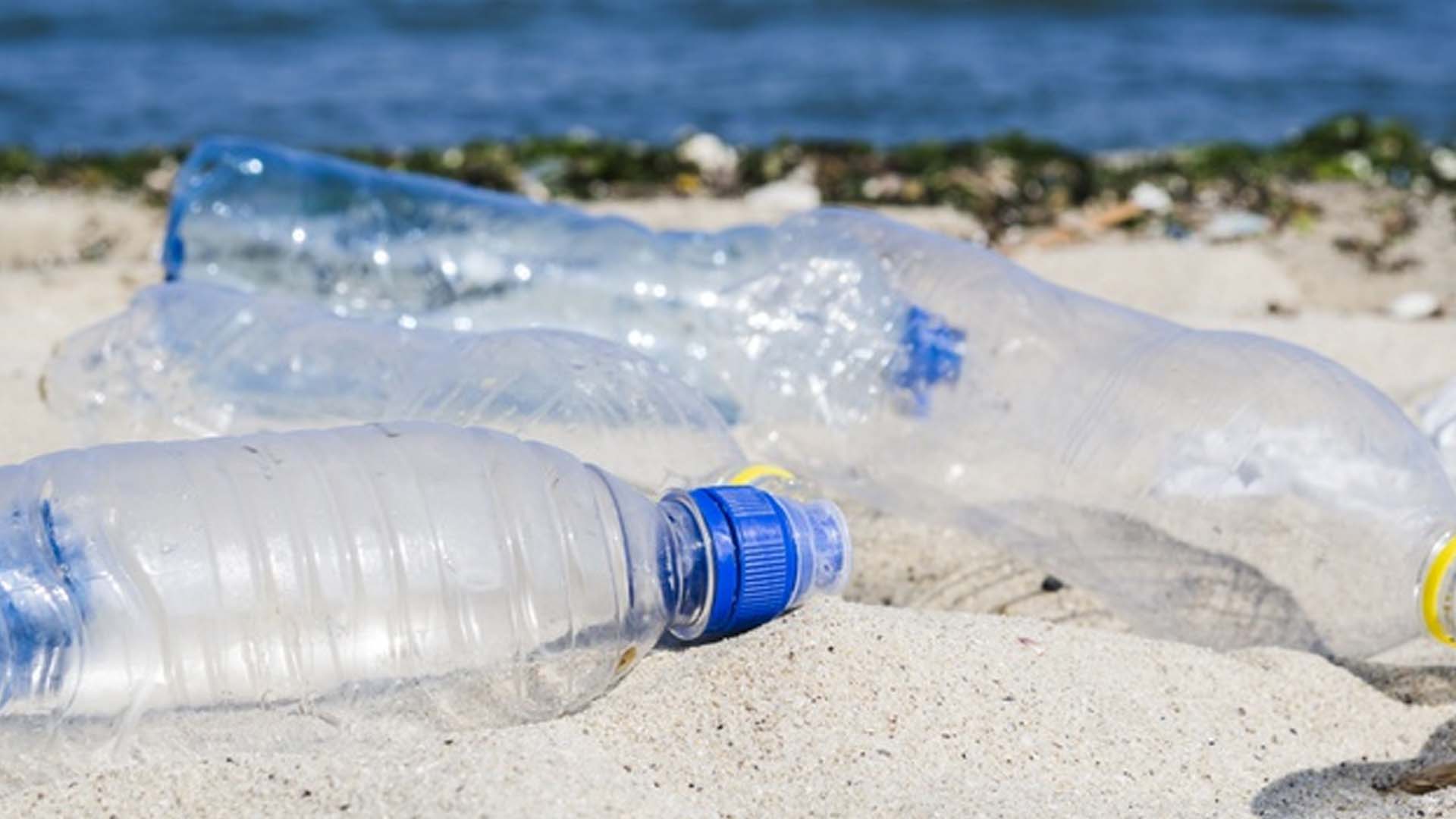Plastics have gotten a bad reputation of late because of how they have proliferated in oceans and bodies of water. Advocacy group Save Philippine Seas is working to help change the negative perception of plastic to the real issue at hand: Waste management. Together with snacks company Mondelez Philippines, the two organizations are working to shed light on the issues around waste management and advocating for accountability from all relevant stakeholders.
Save Philippine Seas (SPS) is an organization that aims to narrow the gap between scientists and the general public, the old and young, and the passionate and indifferent by mobilizing seatizen-led initiatives that are empowering Filipinos towards collective action and behavior change. Environmental issues may sometimes have complex explanations behind them that prevent ordinary people from understanding, or more importantly, making an impact.

“Our work is focused on breaking down the issues surrounding environmental protection, helping everyone understand them, and more importantly be part of the movement and take action,” shares Anna Oposa, Executive Director and “Chief Mermaid” of SPS. From informational campaigns, petitions, idea hackathons and the like, SPS works to help address the real culprits behind environmental degradation through easy-to-understand information.
“In the case of marine plastic pollution, we see the reasons behind it are improper waste management and unsustainable consumption patterns,” explains Oposa. “Simply put, plastics are not being disposed of and collected properly, leading them to end up in nature. When they are collected, they are not recycled enough, which leads them to stay in landfills and end up in bodies of water too. Lastly, we need to treat plastic as a resource — Plastic can and should be re-used to reduce the production of virgin plastic, reduce the waste in our landfills, and eliminate the plastics in our environment.”

One of the supporters of SPS is snacks maker Mondelez Philippines. The company advocates for Sustainable Snacking, which means making their snack products the right way with positive impact on people and the planet. Globally the Company has pledged to ensure 100% of its packaging will be recycle-ready by 2025, including plastic packaging. During the same period, the Company also aims for at least 25% reduction in virgin plastic use in rigid plastic packaging or a 5% reduction in overall virgin plastic use. It also aims to use 5% recycled content by weight across its plastic packaging globally.
“We support actions to reduce plastic use and increase plastic recycling,” explains Atty. Joseph Fabul, Corporate and Government Affairs Country Manager of Mondelez Philippines. “Plastic is a highly efficient material which helps us provide the right levels of safety, quality, product protection, and preservation for food. We see the value of plastic as a resource that’s why we want to contribute to a circular economy where packaging material is recycled or reused. We are also working with Save Philippine Seas to help inform everyone – manufacturers, consumers and other stakeholders what we all need to do to ensure plastic does not end up in nature.” Locally Mondelez Philippines is also working with organizations to fund the collection and recycling of plastic.

The responsibilities that everyone has towards waste management are outlined in the informational materials created by SPS. “Manufacturers need to redesign their packaging, reduce their plastic use, and contribute to recycling the plastic they produce,” adds Oposa. “Governments need to create more collection and recycling infrastructure to ensure plastic does not end up in waste streams. Lastly, consumers like us need to find alternatives to plastic where they exist, segregate our plastic waste at home to make them easier to collect and recycle, and live a waste-free life as much as possible.”

To read the Plastic and Ocean series by Save Philippine Seas, click here.









